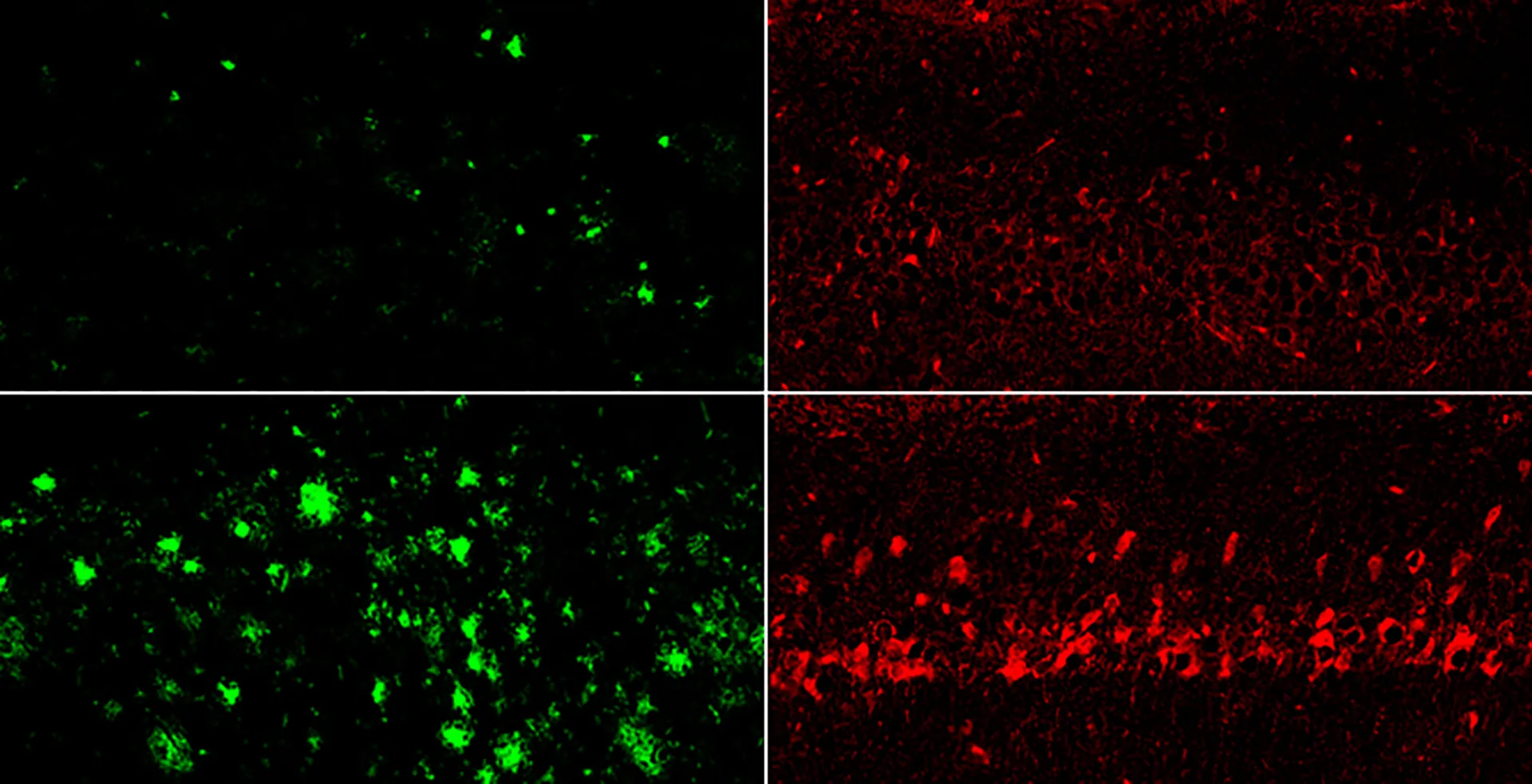August 7, 2025
A team of researchers at Harvard Medical School has uncovered what may be a crucial missing link in the fight against Alzheimer’s disease: lithium deficiency in the brain. Their groundbreaking study, recently published in a leading scientific journal, reveals that the trace mineral lithium—often used in psychiatric medicine—plays a vital role in protecting the brain from neurodegeneration and cognitive decline.
Even more striking, when the element was restored in mouse models using a specialized compound, not only did brain damage stop progressing—it reversed.
A Silent Early Trigger
The study focused on analyzing the metal content in brain tissue from individuals with Alzheimer’s and those in early stages of memory decline. Out of 27 different metals examined, lithium was the only one consistently and significantly depleted in regions of the brain responsible for memory and decision-making.
This discovery suggests that a drop in lithium levels may not just be a byproduct of the disease—but could actively contribute to its early development. Researchers found that harmful plaques associated with Alzheimer’s appear to trap lithium in the brain, starving neurons of a substance essential for their stability and communication.
Evidence from Animal Models
To test this hypothesis, scientists conducted a series of experiments using mice engineered to develop Alzheimer’s-like symptoms. When fed a lithium-deficient diet, the mice showed accelerated memory loss, higher inflammation, nerve fiber damage, and increased levels of toxic amyloid and tau proteins.
However, when researchers administered lithium orotate—a bioavailable and low-dose form of the mineral—they saw remarkable results. Memory performance improved significantly, brain inflammation decreased, and overall neuron health was restored. Even more impressive was that these benefits occurred after symptoms had already set in, suggesting a potential to not only slow progression, but to reverse some cognitive damage.
A Safer, Targeted Approach
Traditional lithium compounds used in psychiatry can cause side effects at high doses. What made this study unique was the use of lithium orotate in extremely low concentrations—up to a thousand times lower than psychiatric doses. Despite this, the compound reached affected areas of the brain, bypassing plaque interference, and showed no signs of toxicity.
This finding opens the door to a safer and more precise way to deliver neuroprotective lithium, without the risks typically associated with long-term lithium therapy.
Implications for Prevention and Treatment
Experts are already considering how this research might reshape early Alzheimer’s detection. If lithium levels in blood or spinal fluid can be reliably measured, it could serve as an early biomarker for cognitive decline—allowing interventions to begin long before symptoms appear.
Additionally, the results could pave the way for new treatment strategies focused on restoring brain chemistry, rather than only targeting amyloid plaques or genetic markers. The approach is affordable, widely accessible, and has the potential to complement existing therapies or even stand alone in certain cases.
Proceeding with Caution
While the findings are highly promising, the research team stresses that these results are from animal models. Human trials will be necessary to determine safety, effectiveness, and proper dosing before any clinical use is considered.
Nevertheless, the study has been hailed as one of the most hopeful advances in Alzheimer’s research in recent years. For millions affected by memory loss and their families, the prospect that a common mineral could help protect the brain—or even restore lost function—represents a powerful new chapter in the battle against neurodegeneration.















Leave a Reply